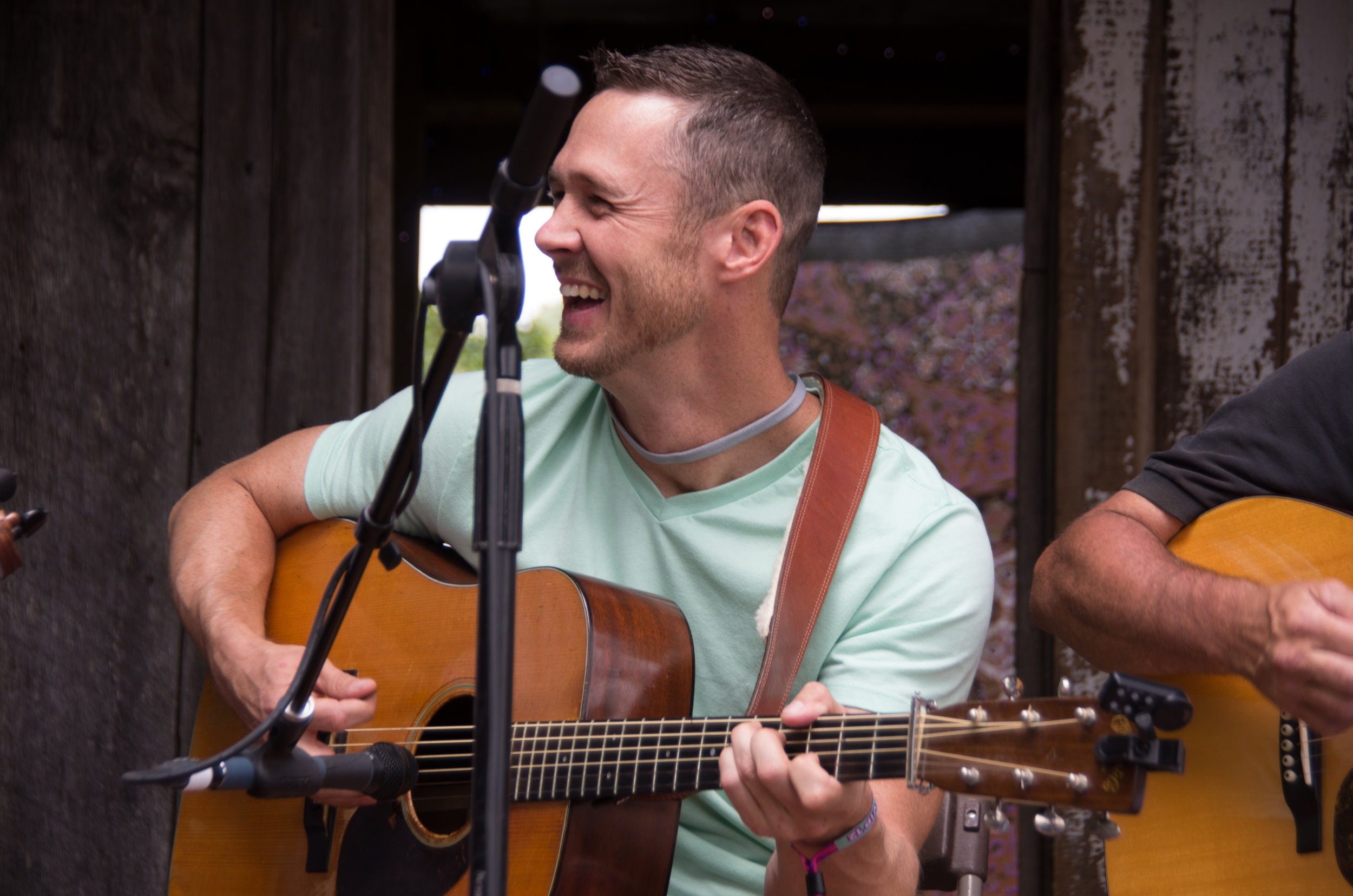Mongolian contortion has existed since the twelfth century as a dance called Uran Nugaralt, which translates to “artistic bending.” This kind of dance was prominent in the royal palaces of Mongolia before it became associated with the international success of the Mongolian State Circus in the 1940s. To this day, Mongolian contortionists are known around the world for their mastery in the field.
Mandkhai Erdembat was born in Ulaanbaatar and traveled across the globe to perform contortion on cruise ships, at festivals, and dinner shows before moving to the United States in 2012. As a child, Mandkhai frequently visited the circus with her grandmother, Dolgorjav, who had many friends there from her time as a singer. Contortion training is highly respected in Mongolia, and Dolgorjav took Mandkhai to her first contortion classes when she was five years old. Traditionally, training begins before the age of eight to achieve the necessary flexibility. Mandkhai, however, does not believe age limits are necessary as everyone can learn something from contortion. In Mandkhai’s experience, contortion training goes beyond flexibility and teaches us how to live in a more positive way. She published a book, Honor, in 2017 to share this wisdom from her life as a contortionist.
Mandkhai’s beloved coach, Norrjmaa, played an important role in her personal and professional development. She was a tough teacher who pushed Mandkhai to reach her potential. Mandkhai confesses that “there is no contortionist who has not cried.” It is not an easy art to learn and requires serious dedication. Some people, she says, give up too soon. Her love of contortion and support from her family helped her to accomplish her goals. When Norrjmaa passed away, Mandkhai decided to teach because Norrjmaa had shared so much with her and she felt she needed to do the same.
Mandkhai moved to Northern Virginia a couple of years ago to open her school. Approximately 8,000 immigrants from Mongolia live in the Washington D.C. area, mostly in Arlington. Immigration began in the 1990s, after the fall of the Soviet Union, as Mongolians searched for economic opportunity. The strong educational system of Arlington County parallels the cohesive education offered in Mongolia, and children from Mongolia have been adapting extremely well to the new environment.
Ella and Emma Chuluunbat, twin sisters from Mongolia, are Mandkhai’s first students. They are joining her as apprentices in the 2018 Folklife Apprenticeship Program and are very excited to be the stars of the latest episode of Mandkhai’s show, Contortionist’s Seed, on Fairfax Public Television. Mandkhai takes pride in teaching them how to be contortionists as well as courteous members of their community. She hopes to open a nonprofit organization to teach future students how to be happy, healthy, and financially independent along with their contortion training.














